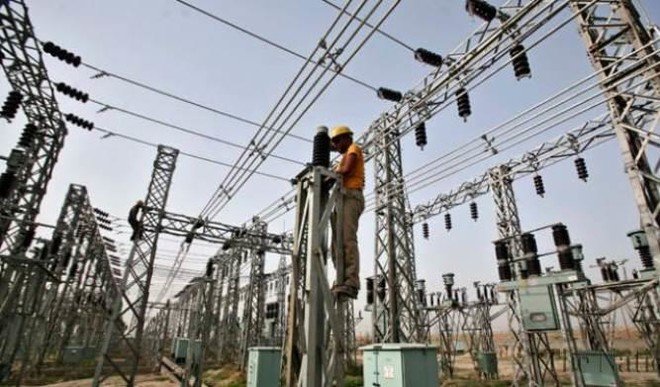The Federal Government has disclosed plans to invest N198.28bn on various capital projects in the power sector in different parts of the country in 2021.
Different sectors in the power industry have been mapped out to partake in the N198.28bn fund for capital projects in the 2021 budget proposal that was recently submitted to the National Assembly.
The Federal Ministry of Power will make the largest investment as it targets to invest N173.78bn on capital projects during the period.
National rural electrification, managed by the Rural Electrification Agency, will invest a total of N17.86bn on power infrastructure development in rural communities.
The Nigerian Electricity Regulatory Commission plans to invest N294.1m on capital projects, while capital projects to be handled by the Nigerian Electricity Management Services Agency will gulp N441.1m.
The allocation for capital projects to be handled by the Transmission Company of Nigeria, as contained in the budget, is N4.69bn.
Also, the capital outlay projected for 2021 by the Nigeria Electricity Liability Management Limited is N914.87m, while the National Power Training Institute targets to invest N294.1m.
The total overhead for the entire ministry and its agencies was N1.16bn.
The amount budgeted for personnel in the power ministry and its agencies is N4.9bn.
READ ALSO: ANOH Gas projects to produce 600MSCFD, equivalent of 2.4GW Electricity-NNPC
The Federal Government over the years has been striving to grow the nation’s power generation and supply.
Nigeria currently generates between 4,000 megawatts and 5,000MW, although the country’s total installed power generation capacity is about 13,000MW.
The Managing Director, Niger Delta Power Holding Company, Chiedu Ugbo, projected that the country’s power supply would increase from 5,000MW to 7,000MW next year.
He disclosed that the Siemens deal by the Presidential Power Initiative would help boost the country’s electricity sector and grow the quantum of power on the grid.
Ugbo said, “The government has been able to secure the Siemens deal through the Presidential Power Initiative.
“Out of the 13,000MW installed capacity in Nigeria, 8,000MW is available and ready to run but we are doing less than 5,000MW today.”
He added, “So what Siemens has come to do through the project is to help clean up the networks. Clean up transmission and the argument between transmission and distribution companies will be eliminated.”













